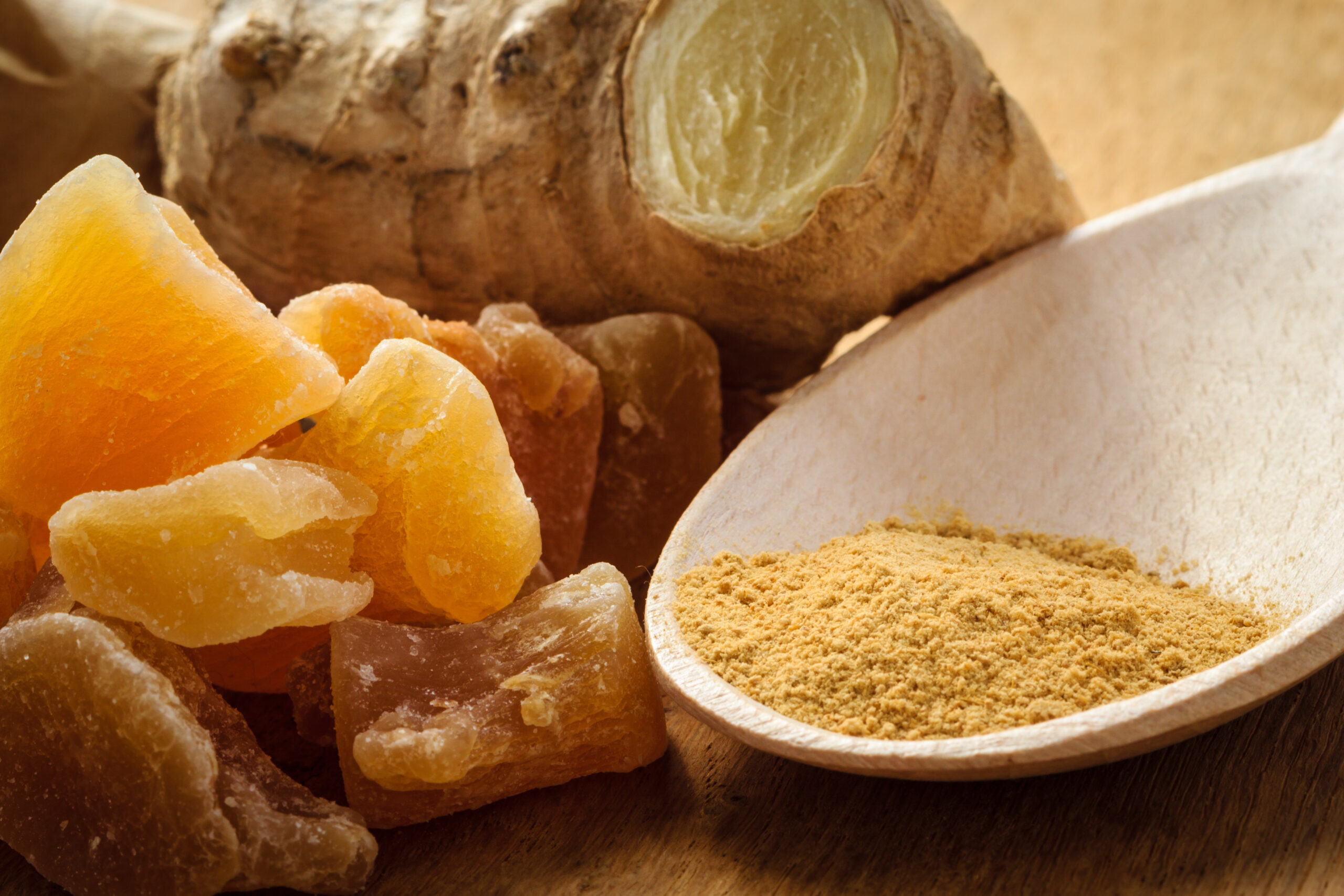A breakthrough discovery reveals that a secret molecule found in guava could revolutionize liver cancer treatment.
Story Highlights
- Scientists discover guava contains a powerful molecule that could fight liver cancer effectively
- Research continues the historical tradition of natural remedies providing lifesaving medical breakthroughs
- Pharmaceutical companies are rushing to develop synthetic versions of nature-derived compounds
- Traditional knowledge from tropical regions proves invaluable for modern medical advancement
Guava’s Cancer-Fighting Compound Shows Promise
Recent scientific research has identified a specific molecule within guava plants that demonstrates significant potential for combating liver cancer. This discovery represents the latest chapter in humanity’s long relationship with natural remedies, following in the footsteps of historic breakthroughs like quinine from cinchona bark and salicylic acid from willow trees. The guava compound joins a growing list of tropical fruit derivatives that researchers believe could transform cancer treatment protocols.
Watch: Tropical Fruit Molecule Could Revolutionize Liver Cancer Treatment – YouTube
Historical Pattern of Nature-Based Medical Discoveries
The guava breakthrough continues a centuries-old tradition of extracting lifesaving medicines from natural sources. Throughout history, medicinal plants like guaiacum and sarsaparilla were traded across continents as treatments for serious diseases, while the cinchona tree provided quinine to combat malaria. Colonial trade routes, including the Manila Galleons, facilitated the global exchange of medicinal plants, establishing patterns that modern pharmaceutical research still follows today.
Modern Pharmaceutical Industry Embraces Natural Compounds
Today’s pharmaceutical companies increasingly recognize the value of natural sources for drug development, building on advances in biotechnology that enable mass production of plant-derived medicines. Ethnobotanical research has gained significant importance as companies seek sustainable and effective treatments rooted in traditional knowledge. This shift toward natural health products reflects both consumer demand and the proven track record of nature-based medicines in addressing complex health challenges.
Implications for American Healthcare Independence
The guava discovery highlights America’s potential to reduce dependence on foreign pharmaceutical supplies by developing domestic natural medicine capabilities. This approach aligns with conservative principles of self-reliance and limited government intervention in healthcare choices. By supporting research into natural compounds, America can maintain healthcare sovereignty while providing citizens with effective, nature-based treatment options that don’t rely on expensive synthetic alternatives controlled by multinational corporations.
The integration of traditional knowledge with modern scientific methods represents a practical approach to medical advancement that respects both innovation and time-tested wisdom. This balanced strategy offers hope for breakthrough treatments while maintaining independence from globalist healthcare systems that prioritize profits over patient outcomes.
Sources:
Medicinal Plants in Spanish America Trade History
The Historical Significance of Pineapple as Medicine
From Moldy Cantaloupe to Mass Production Penicillin
James Lind and Citrus Fruits as Scurvy Cure









